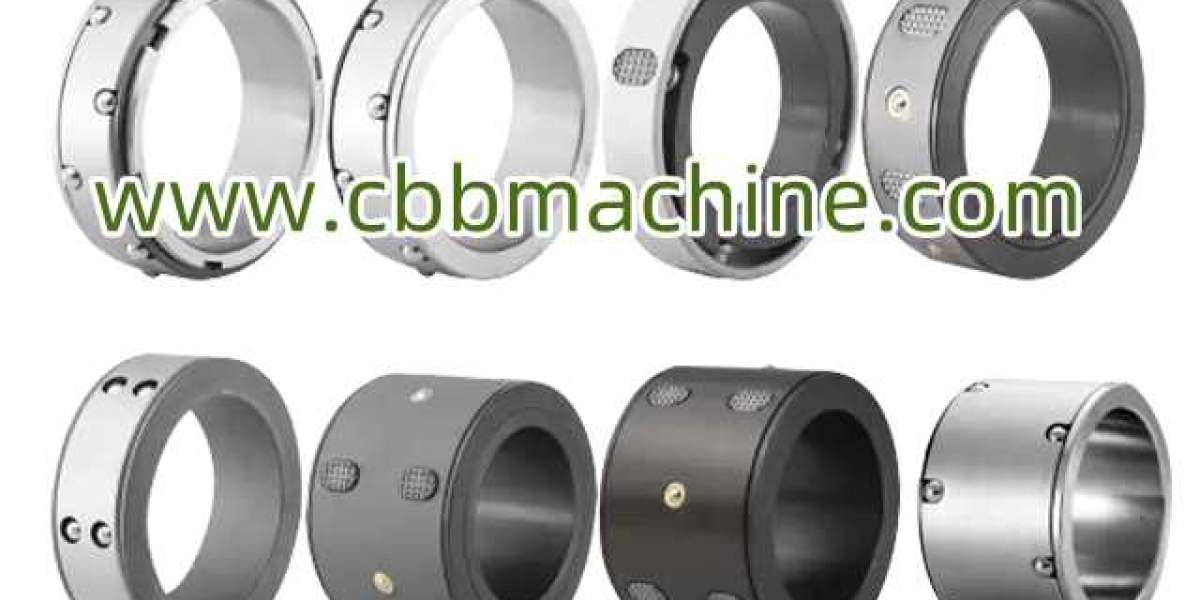Understanding the Importance of a Reliable Differential Shaft Supplier in Modern Manufacturing
In the world of modern machinery and industrial production, precision and adaptability are key. One component that plays a crucial role in achieving consistent and efficient operation is the differential shaft. While often overlooked, this component ensures that production processes involving multiple rollers or winding mechanisms function with optimal tension and speed control. Working with the right Differential Shaft Supplier is essential for businesses seeking to improve machine performance, reduce material waste, and maintain a consistent production pace.
What Is a Differential Shaft?
A differential shaft is a specialized mechanical shaft designed to allow multiple rolls or winding components to rotate at different speeds while maintaining the same torque input. This flexibility is especially important in industries where materials such as paper, film, foil, and textiles need to be wound or unwound evenly, despite natural variations in roll diameter or material thickness.
The structure of a differential shaft includes frictional elements that respond to changing torque requirements. These elements adjust automatically to balance tension across the different sections, which helps prevent slippage, over-tensioning, or material breakage. This self-adjusting capability makes differential shafts indispensable in high-speed converting and packaging machines.
Key Benefits of Using Differential Shafts
Differential shafts are commonly found in slitting machines, rewinding systems, printing lines, and other types of converting equipment. Their benefits include:
Improved Material Handling: By compensating for roll diameter or tension differences, differential shafts ensure smooth material feed and better winding alignment.
Increased Productivity: Machines equipped with differential shafts can operate at higher speeds without sacrificing quality or increasing material waste.
Reduced Downtime: The automatic torque adjustment of differential shafts reduces the need for manual intervention, minimizing production interruptions.
Cost Efficiency: Preventing uneven winding or material breakage leads to better material usage and less wastage, which in turn lowers operational costs.
Why Choosing the Right Differential Shaft Supplier Matters
Choosing a reliable Differential Shaft Supplier is not just about getting the product—it’s about finding a long-term partner who understands your equipment needs and offers suitable, tailored solutions. Here’s why it makes a difference:
1. Quality Assurance
A reputable Differential Shaft Supplier provides shafts manufactured from high-quality materials with precise engineering standards. This ensures the shaft’s durability and performance in high-speed, high-load operations. Inferior shafts can lead to frequent breakdowns, inconsistent product quality, and increased maintenance costs.
2. Customization Options
Different machines require different specifications. A reliable supplier can provide customized shaft dimensions, torque capacity, and frictional components that align with your specific applications. This customization allows for better integration into your existing systems and maximizes efficiency.
3. Technical Support
A knowledgeable supplier offers more than just a product—they offer guidance. From installation advice to performance troubleshooting, access to technical expertise helps you get the most value out of your differential shaft investment.
4. Consistent Supply and Timely Delivery
For companies operating on tight production schedules, on-time delivery of machine components is critical. Partnering with a dependable supplier ensures that you have access to the shafts you need when you need them—helping you avoid costly delays.
5. Long-Term Reliability
Establishing a relationship with a trusted Differential Shaft Supplier means you have a reliable source for future upgrades, replacements, and technical consultation. This kind of consistency brings peace of mind and strengthens your manufacturing operations over time.
Applications Across Industries
Differential shafts are used in various sectors, including:
Packaging Industry: For slitting and rewinding plastic films, labels, or paper rolls with uniform tension control.
Printing: To manage the winding of printed materials without stretching or misalignment.
Textile Manufacturing: To control winding tension during fabric finishing or rolling processes.
Flexible Material Processing: In lamination, coating, or foil processing where material uniformity is critical.
Regardless of the industry, working with a dedicated Differential Shaft Supplier can significantly improve the performance of these applications.
Moving Forward with Confidence
In conclusion, differential shafts are essential components in many production lines where precise tension control and rotational flexibility are required. Investing in a high-quality differential shaft can lead to better output, reduced waste, and improved machine longevity. However, these benefits largely depend on your choice of supplier.
When selecting a Differential Shaft Supplier, consider their ability to meet your technical requirements, their track record in product reliability, and the support they offer beyond the sale. By prioritizing these factors, you ensure smoother operations and stronger returns on your machinery investment.



